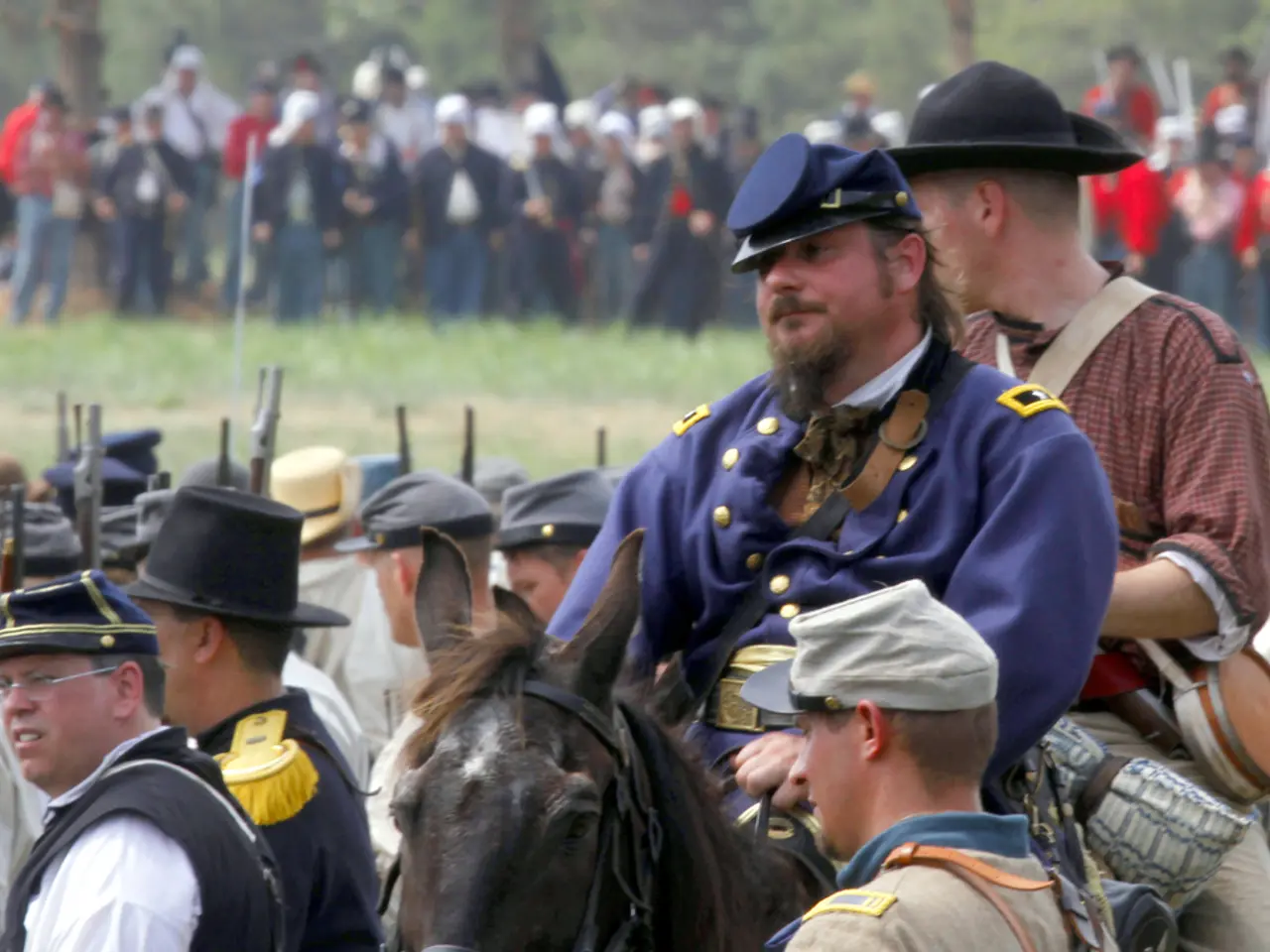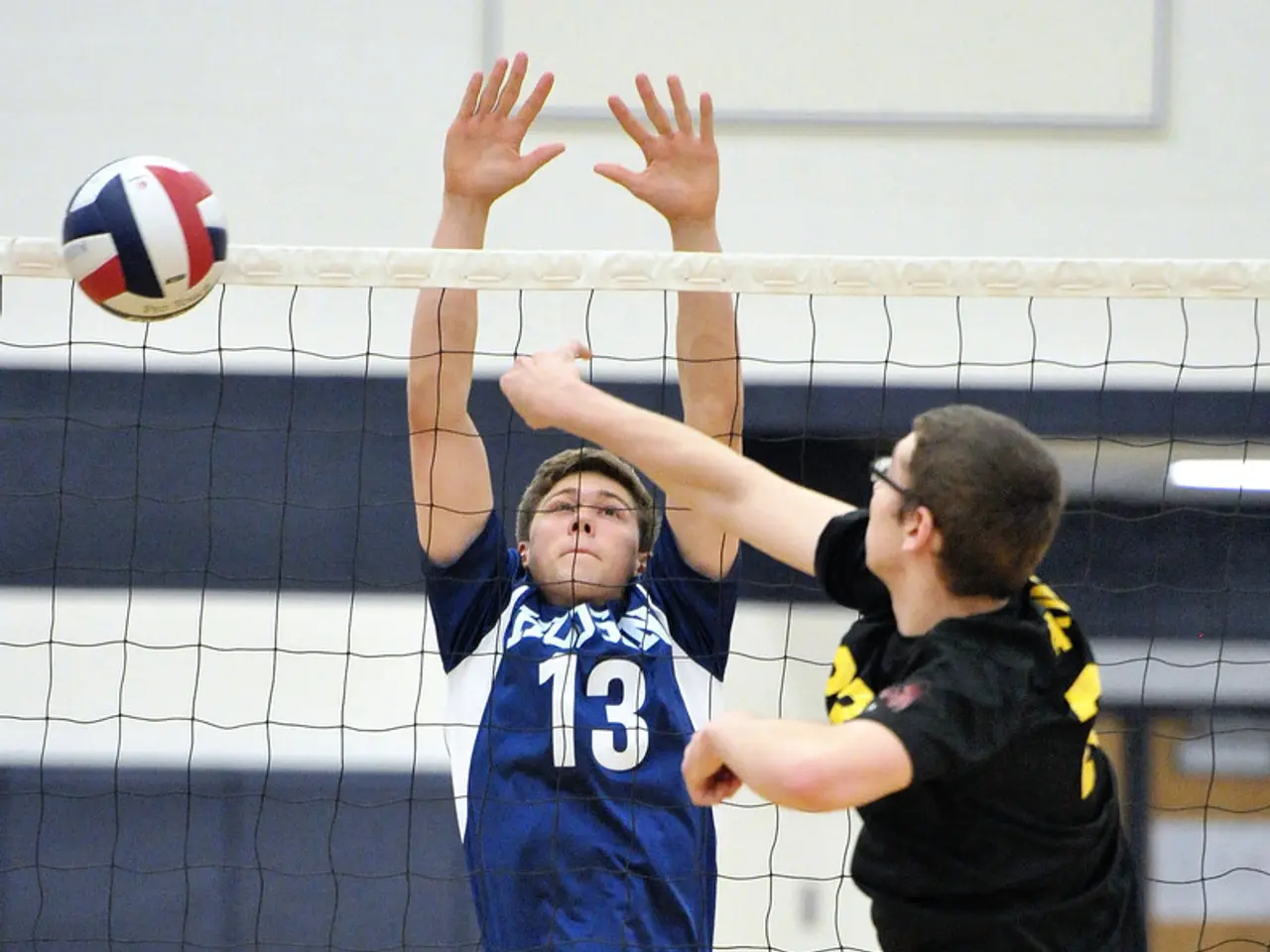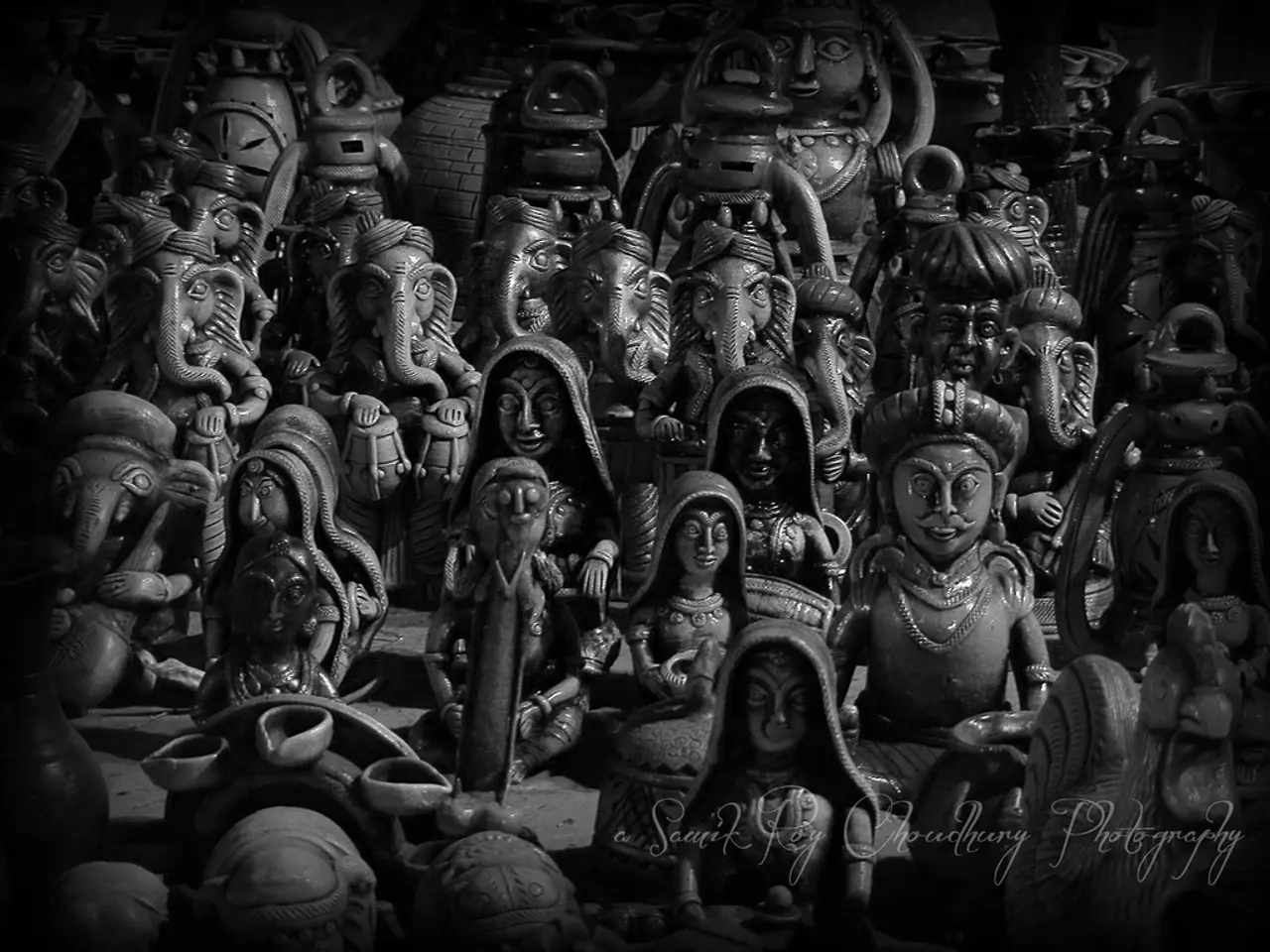Kate Middleton Misses Ascot: Royal Family's Historic Horse Racing Event
- Reading Time: 1 Min
Princess Kate Chooses to Skip the Royal Ascot Equine Competitions - Kate Middleton, the Princess, withdraws from the Ascot races' scheduled appearance.
Princess Kate, the Duchess of Cambridge, has decided to skip this year's Ascot horse racing event, according to British news outlet PA. The cancellation comes after Kate's cancer treatment.
Last year, Kate revealed she had undergone a cancer surgery and chemotherapy. Although the palace keeps the exact diagnosis private, Kate has been making public appearances since announcing her remission in January.
This weekend, Kate was seen at the Trooping the Colour parade with her children, Prince George, Princess Charlotte, and Prince Louis. On Monday, she attended the Order of the Garter ceremony in Windsor, but this popular racing event was not in her plans.
Prince William, her husband, went to Ascot accompanied by his father, King Charles III, and his stepmother, Queen Camilla. Kate's mother, Carole Middleton, was also present, but Kate herself was disappointed to miss the event.
Royal Ascot, celebrated from June 17-21, is one of the most prestigious horse racing events in British history. Queen Anne established it in 1711, making it a centuries-old tradition that symbolizes the British monarchy's enduring presence in national life. The event attracts thousands of visitors every year, boosting local economy through tourism.
- Ascot
- King Charles III
- Camilla
- Prince William
- Horse Racing
Fascinating Fact: The Origins of Royal Ascot
Royal Ascot, a cornerstone of British royal tradition, began in 1711, founded by Queen Anne on Ascot Heath in Berkshire. Its first race, "Her Majesty’s Plate," offered a prize of 100 guineas, marking the start of a grand tradition combining horse racing with royal patronage that quickly caught the attention of the aristocracy.
Under King George IV in the early 19th century, the event gained even more prominence. He introduced the exclusive Royal Enclosure, enhancing the royal connection of the event, and initiated the Royal Procession, a tradition that endures to this day. Over time, key events like the Gold Cup have emerged, adding to the race week's prestige.
Ascot's Impact Beyond Racing
The Cultural and Social Legacy
Royal Ascot's significance extends beyond horse racing, bringing together tens of thousands of visitors each year. It boosts the local economy through tourism and hospitality and sets style trends and societal norms. The event embodies British elegance, tradition, and heritage, with attendees dressing to impress. Queen Victoria popularized hats for women, while Beau Brummell's influence established formal menswear styles.
The Royal Connection to Horse Racing's Finest
Royal Ascot and the British monarchy have enjoyed a strong association for centuries. The event showcases the monarchy's enduring presence in national life and serves as a testament to the bond between royalty and horse racing, often recognized as the "sport of kings." Each race day begins with a royal procession, signifying the ceremonial start. The event honors tradition while providing an exhilarating sporting experience for all attendees.
- Prince William attended this year's Ascot horse racing event, accompanied by his father, King Charles III, and his stepmother, Queen Camilla.
- The origins of Royal Ascot can be traced back to 1711, when it was founded by Queen Anne on Ascot Heath in Berkshire, combining horse racing with royal patronage.






